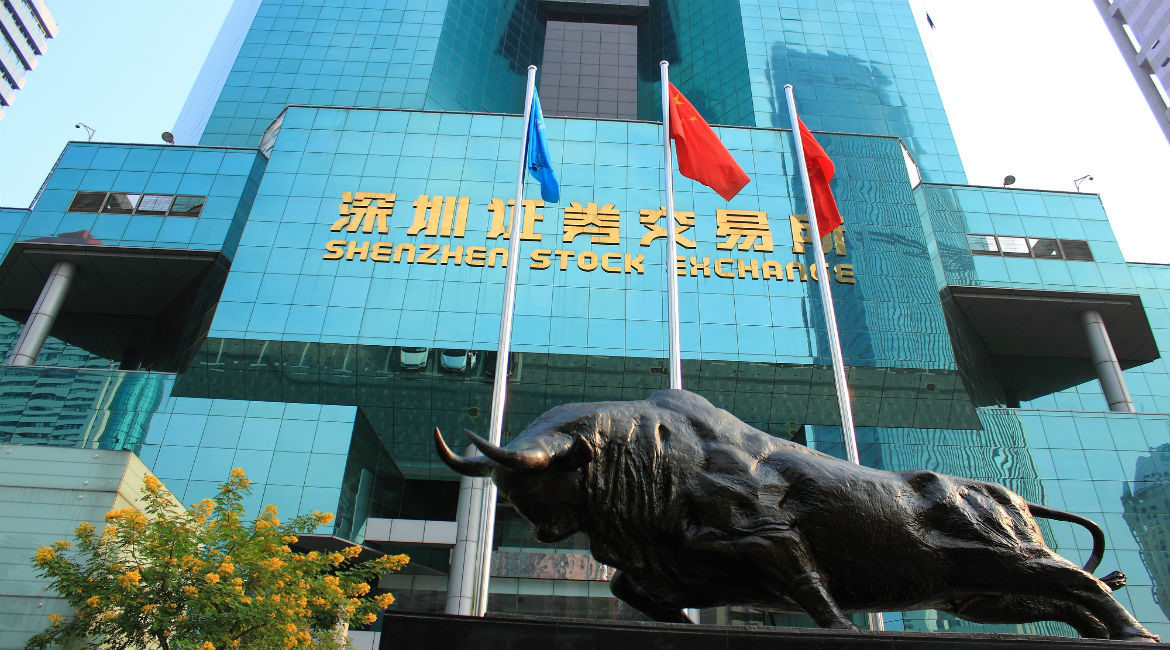
Stamp duty cut leads to surge in Chinese stock markets
Since August 28, stamp duty on securities trading in China has been reduced by 50%, according to Bloomberg. In addition, the exchange regulator has limited the volume of sales of shares under certain conditions. Markets reacted to the government's stimulus measures with growth - CSI 300 Index soared on Monday morning by 5.5%. True, by the middle of the day it fell by more than 3.5% from the highs of the day.
The Chinese Securities Regulatory Commission (CSRC) lowered, by the way, for the first time in 15 years, the stamp duty rate from 0.1% to 0.05%. The regulator also restricted the sale of shares by large shareholders of companies whose share price fell below a certain level (in particular, below the IPO price). These restrictions will allow about a quarter of a trillion yuan to be withdrawn from the sale of shares. According to Huatai Securities analysts, the measures taken could attract up to 750 billion yuan ($103 billion) a year to the markets.
In May 2007, Beijing raised the stamp duty on securities trading to 0.3% in order to slow down a strong rally. At that time, more than 300,000 new investors entered the market every day. In April 2008, the authorities reduced the stamp duty to 0.1%. The Shanghai Composite index responded the next day with a rise of 9.3%.
The current reduction in the stamp duty rate is due to problems in the Chinese economy. Obviously, the Ministry of Finance of the PRC could no longer ignore the protracted decline in the securities market. In addition, other measures did not give the desired results. In the first half of August, the authorities tried to persuade pension funds, large banks and other financial institutions to increase their stock portfolios to support the securities markets.
Rates on 10-year bonds of the Chinese government rose today by 5 basis points, which is a monthly maximum, on expectations that investors will start selling bonds and moving into shares. The offshore yuan, meanwhile, added 0.3%, but then quickly lost almost all of its growth.
By Sergey Manukov
The Chinese central bank set its daily benchmark rate at a two-week high and injected the largest amount of cash into the financial system since February of this year.
"We expect this week's rally to be less strong than the rally 15 years ago, when stamp duty was cut, as it is now," said Evercore ISI analyst Nero Wang.
In general, the government's measures satisfied Chinese, but not foreign investors. The latter, obviously, considered them insufficient in the absence of real steps to improve the real economy and continued to sell shares of Chinese companies. Global funds sold $1 billion worth of mainland stocks in half-day trading on August 28
Nero Wang agrees with foreign investors. In his opinion, a 180-degree turn in the securities market will occur only if Beijing takes really strong measures. For example, it will adopt a program to support the economy, as in 2008, when 4 trillion yuan was injected into the economy.
This article originally appeared at expert.ru
